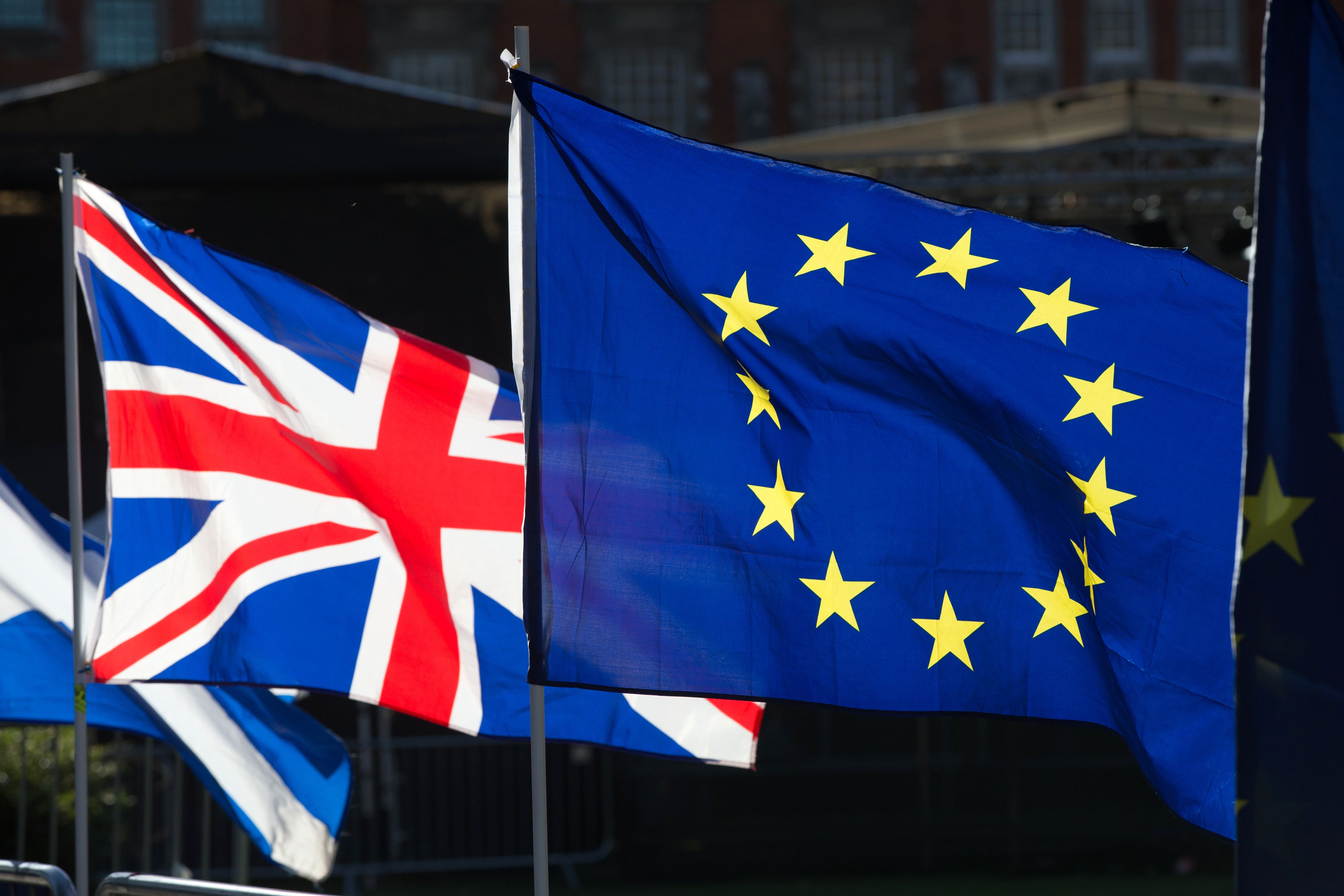Angela Merkel ‘tormented’ by Brexit vote result and saw it as ‘humiliation’ for EU
Former German chancellor writes in autobiography Freedom she was pained by thoughts about whether there was more she could have done to help David Cameron prevent UK from leaving bloc
Your support helps us to tell the story
From reproductive rights to climate change to Big Tech, The Independent is on the ground when the story is developing. Whether it's investigating the financials of Elon Musk's pro-Trump PAC or producing our latest documentary, 'The A Word', which shines a light on the American women fighting for reproductive rights, we know how important it is to parse out the facts from the messaging.
At such a critical moment in US history, we need reporters on the ground. Your donation allows us to keep sending journalists to speak to both sides of the story.
The Independent is trusted by Americans across the entire political spectrum. And unlike many other quality news outlets, we choose not to lock Americans out of our reporting and analysis with paywalls. We believe quality journalism should be available to everyone, paid for by those who can afford it.
Your support makes all the difference.Angela Merkel has revealed that she was “tormented” over the Brexit vote result and saw it as a “humiliation” for the EU.
The former German chancellor wrote in her new autobiography Freedom that she ruminated on whether she could have done more to help the then-British prime minister David Cameron prevent the UK from leaving the bloc.
However, in the extracts from the book, which is set to be published on Tuesday, Ms Merkel, who left office three years ago, concluded it was only himself that Mr Cameron could blame.
Upon reflection, she said Brexit was a possibility as soon as he suggested in 2005 that Conservative Party MEPs should quit the European People’s Party (EPP) over the parliamentary allliance’s support of the Lisbon treaty in 2009 – which they did, with Eurosceptics criticising the changes the treaty introduced as undemocratic.
In the five pages she dedicated to Brexit in her 700-page memoir, the Guardian reported Ms Merkel wrote: “To me, the result felt like a humiliation, a disgrace for us, the other members of the European Union – the United Kingdom was leaving us in the lurch. This changed the European Union in the view of the world; we were weakened.”
Risking the ire of other EU leaders, Ms Merkel disclosed that she “tried wherever possible to help David Cameron”, including reaching out to him as he attempted to secure changes over freedom of movement and trade with a view to pitching a reformed EU.

Referring to an EU summit in February 2016 at which a deal over the UK’s renegotiation demands was hoped to be reached, she said: “My support of him rendered me an outsider with my other colleagues … The impact of the euro crisis was still lingering, and I was also being repeatedly accused of stinginess.
“And yet, during the summit, I steadfastly remained by David Cameron’s side for an entire evening. In this way I was able to prevent his complete isolation in the council and eventually move the others to back down. I did this because I knew from various discussions with Cameron that where domestic policy was concerned, he had no room for manoeuvre whatsoever.”
However, Ms Merkel said there reached a limit at which point she could no longer help Mr Cameron.
She argued the UK had not helped itself, making the mistake of not introducing restrictions on eastern European workers after 10 new countries joined the EU in May 2004.
The then-Labour government vastly underestimated the number of people who would come to the country, and following the influx of workers, the Eurosceptics were able to cast freedom of movement in a negative light.

France and Germany, on the other hand, gradually phased in eastern Europeans’ rights to work, only giving them full access to their labour markets in 2011.
Ms Merkel then described Mr Cameron’s proposal the Tories to leave the EPP as the final stop on the inevitable road to the referendum outcome.
“He therefore, from the very beginning, put himself in the hands of those who were sceptical about the European Union, and was never able to escape this dependency,” she wrote, concluding the Brexit, “demonstrated in textbook fashion the consequences that can arise when there’s a miscalculation from the very start”.
Although she said she was still pained about whether there was more she could have done.
“After the referendum, I was tormented by whether I should have made even more concessions toward the UK to make it possible for them to remain in the community. I came to the conclusion that, in the face of the political developments taking place at the time within the country, there wouldn’t have been any reasonable way of my preventing the UK’s path out of the European Union as an outsider. Even with the best political will, mistakes of the past could not be undone.”

Join our commenting forum
Join thought-provoking conversations, follow other Independent readers and see their replies
Comments